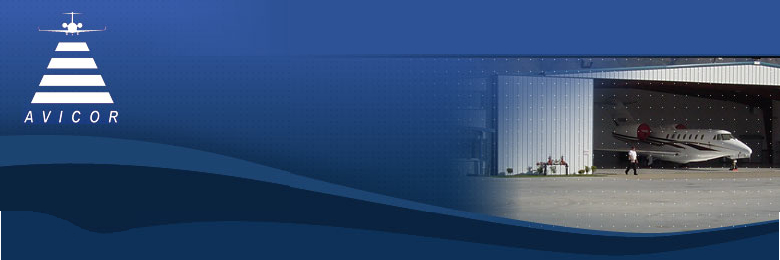

✈ June 7, 2017, Avicor Aviation Inc.
For the past several weeks, we have been discussing methods for valuing aviation businesses. Essentially, all of the methods fall into three general approaches: 1) the asset approach, 2) the income approach, and 3) the market approach. Today we will look at the last of these three, the market approach to business value.
The key factor and the foundation for determining the value of your aviation company when applying the market approach is how your aviation company compares with other businesses. Typically it involves comparing the business to others that have sold that have similar characteristics. Based on how your aviation company compares with others, it is possible to evaluate if your company would be worth more or less than those it is compared with and assess the value based on that evaluation.
With this approach, the sales of other companies are used as a measuring stick to compare the business and to assess a value. In its best and most ideal form as many factors as possible about the aviation aviation business are compared with businesses that have been sold. The primary premise behind comparing the sales is that the value the seller agreed to with the buyer was a true market value with both a willing buyer and and willing seller cognizant of the facts of the business.
There are many factors that can be looked at to select suitably comparable sales. For example, some of the factors that are considered include:
These are only a few of the factors that are considered in selecting comparable companies. The more similar the comparable, the better the comparison can be.
Once suitable comparables are identified, various ratios can be determined for the comparison. For example, the prices the companies were sold for can be divided by its earnings and that ratio can be applied to the aviation company being valued. Typically, a number of ratios are applied and weighted to identify the range for the value of the business.
There is always subjectivity involved in valuing a company and in using the market approach, this may be especially true. Informed choices, coupled with experience and substantial research are necessary for this process. it is important that the valuator understand the business, as well as its strengths and the risks it faces. Factors about the aviation business from its financial picture to management structure, from competition to the market must be considered. It is important to know what assets, debts, income and expenses really are part of the business and what is just on the books in order to have a clear picture of what is being compared.
There are a number of ways that valuators find comparables for the market approach. One key way is to gather information from companies that they are familiar with and that have sold. Most valuators build their knowledge and resource base as they go along. But there are other sources for this kind of information as well.
Depending on the size of the company being valued, it might be sensible to compare the company with a publicly trading entity that has sold. Publicly trading companies are required to make information available and data such as financial performance and management structures, product and competitive information are typically available. Using a comparable public company, however, is not suitable to all companies. In fact most aviation companies are considerably smaller than most publicly trading companies.
A number of published sources also exist for data about companies that have been sold. Some of this information is gathered by various financial institutions, submitted by business brokers and valuators in order to compile the data for use by valuators. This allows a larger pool of data to be collected that can be drawn on to identify suitable comparables. With each of these sources, the companies can be selected by defining characteristics such as the average annual gross revenue or the asset base. Outliers in the data can also be eliminated to focus on companies that are most comparable
While at first glance it may seem like the market approach is the easiest---just find some sales and compare, like all of the approaches to valuing an aviation business, it is actually an involved process.
Have more valuation tips emailed directly to your inbox each week! Just sign up below to receive an email each Wednesday with more tips about maximizing the value of your aviation business.
To contact us directly, either email us at bizappraisal@avicoraviation.com or call us at at 1-503-973-5711 or 1-800-563-2359.